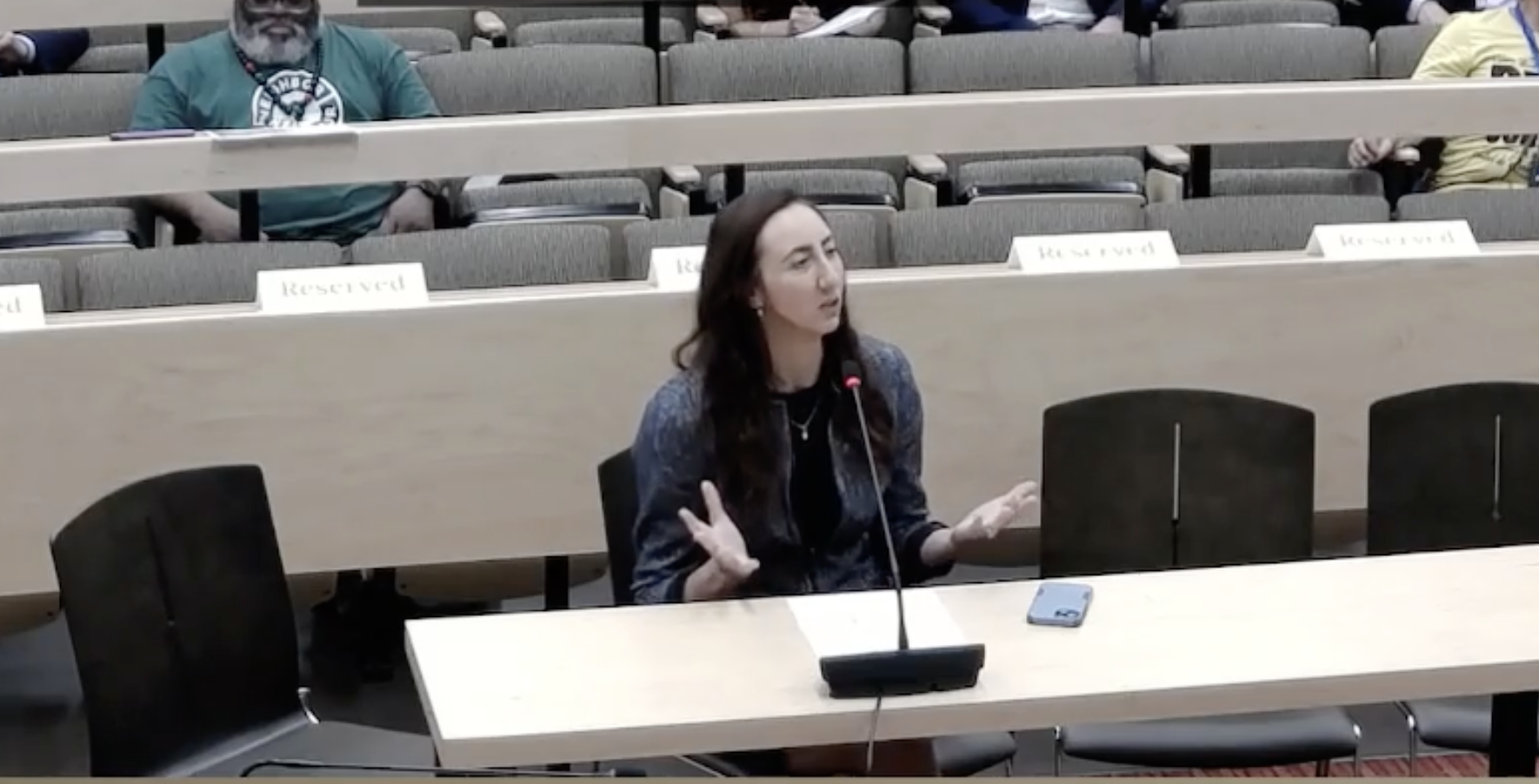Editor’s Note: This article incorrectly stated that Rep. Gaskey did not testify at the hearing. Gaskey did testify to the joint committee on Tuesday and the article has been updated to reflect this correction.
State legislators considered a series of bills on Tuesday proposing changes to the state’s MBTA multi-family zoning requirements set to go into full effect by the end of this year.
The requirements are part of the MBTA Communities Act, a law signed by former Gov. Charlie Baker in 2021 to require 177 Massachusetts cities and towns to zone for multi-family housing. Communities were selected to rezone due to containing or bordering towns with rapid transit and commuter rail stops.
Towns that don’t comply with the state’s policy risk legal action and losing state funding for infrastructure projects. In June, the Massachusetts Supreme Judicial Court ruled that Attorney General Andrea Campbell can sue towns to enforce the law.
Carver borders Middleboro and Kingston — both of which have commuter rail stops — classifying Carver as an “adjacent small town.” Therefore, Carver is expected to zone for 235 multi-family housing units, 5% of its total housing units, by the end of the year.
On Tuesday, July 29, the state legislature’s Joint Committee on Municipalities and Regional Government heard testimony from legislators and town officials criticizing this state policy for disrupting the “character” of small towns, requiring towns without commuter rail stops to rezone and impacts on state funding for municipalities that do not comply.
State Sen. Kelly Dooner (R-Taunton), who represents the 1st Plymouth and Bristol district which includes Carver, introduced four bills to change the state’s enforcement of these zoning requirements.
Several of Dooner’s bills include provisions that would remove requirements for Carver and other towns in the MBTA Communities Act.
Her proposals also include extending the state’s compliance deadline for “adjacent communities” and “adjacent small towns” by two years, exempting communities without direct access to MBTA service – like Carver – and barring the state from withholding funding from towns that don’t comply with the act.
To the committee, however, Dooner spoke about S.1437, which would exempt Carver from complying with the MBTA law due to its absence of a townwide municipal water and sewer service.
“What I want to talk about is the one-size-fits-all mandate that doesn’t work for some of my smaller communities regarding infrastructure,” Dooner said.
Dooner said that three of the towns that she represents – Carver, Berkeley and Rehoboth, do not have town water or sewer service. She added that without town water, fire departments in these towns must use tanker trucks to put fires out.
“That’s just a very difficult situation to put our police and fire in,” the senator said. “This one-size-fits-all mandate I do not believe took into account the challenges that several communities across the commonwealth are facing.”
“These are real life or death challenges that my communities face,” Dooner said.
State Rep. John Gaskey (R-Carver) also testified at the hearing.
Gaskey noted Carver’s rural character and spoke in support of Dooner’s bills.
“There is no good place to put anything,” he said. “Carver’s lack of infrastructure makes it really impossible for this to go forward.”
The joint committee heard five hours of testimony from state legislators, town officials and residents — many testifying about the MBTA law and rent control policy. The committee did not take a vote on whether to advance Dooner’s and other legislators’ bills proposed changes to the MBTA law’s zoning requirements.
The hearing comes as Carver is one of a handful of towns that has yet to pass the state’s required zoning for multi-family housing units. The town’s planning board has been mulling how to comply with the state’s requirements in recent weeks, including working to decide on which sites to rezone.
A planning board meeting is scheduled for Tuesday, August 5 at the Carver Police Station to discuss the town’s compliance with the law. Before the town adopts its compliance model, it must be passed by voters at a Town Meeting, for which a special meeting is tentatively scheduled for Tuesday, October 7.
Contact editor Nick Mossman at nick@carverjournal.com


